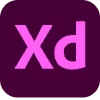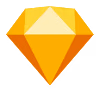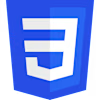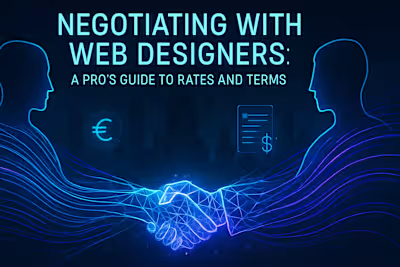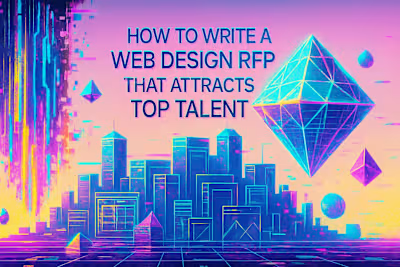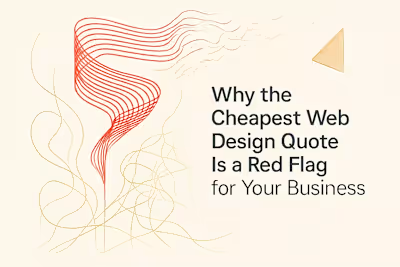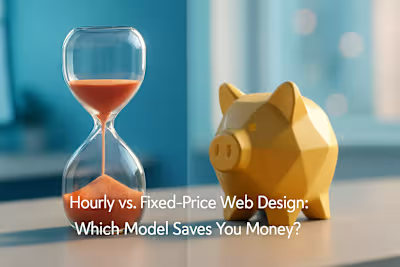Interviewing Web Designers: 20+ Questions to Find Your Perfect Match
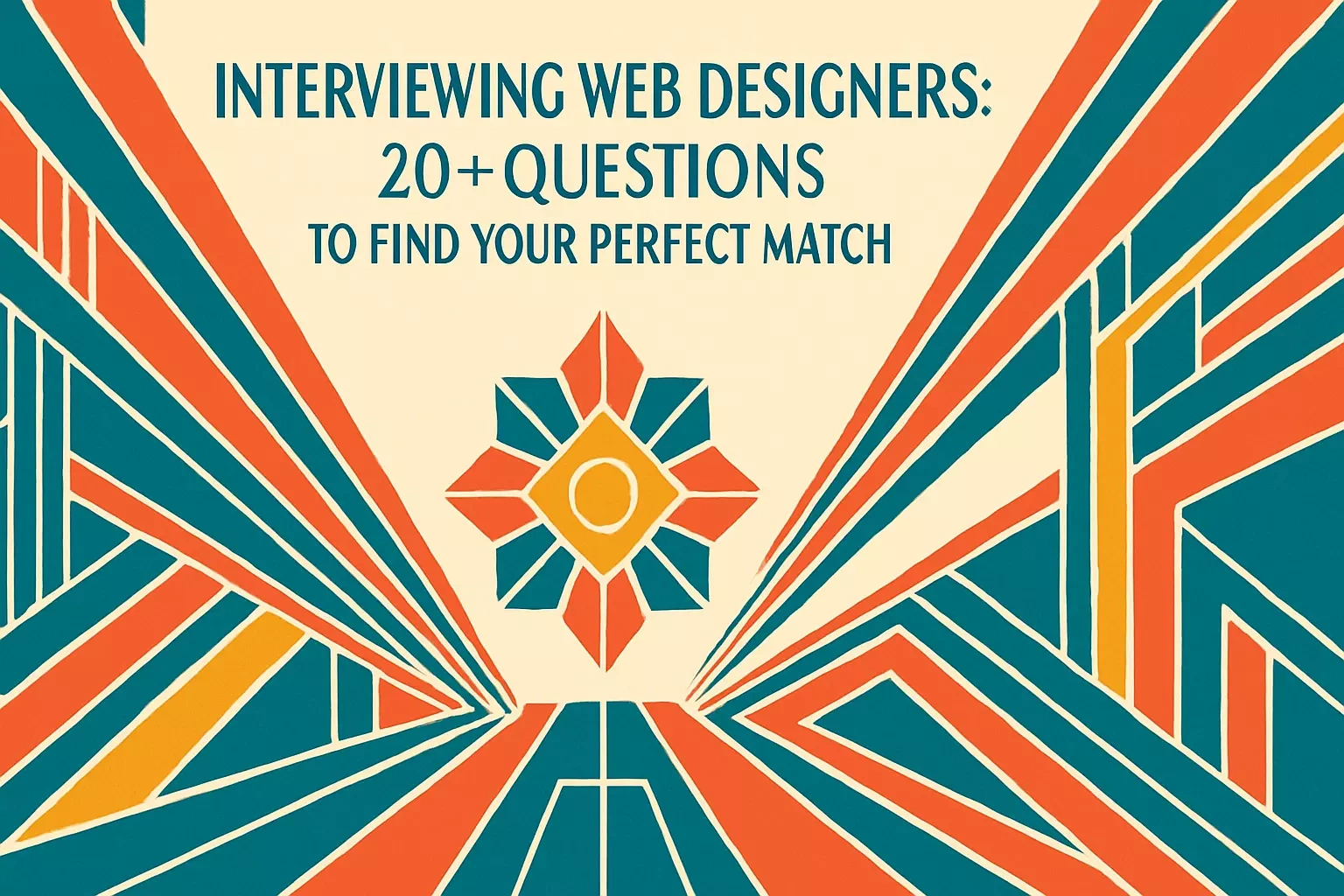
Interviewing Web Designers: 20+ Questions to Find Your Perfect Match
Portfolio and Past Work Evaluation
Can you walk me through a project you're most proud of?
How did you approach a particularly challenging design problem?
How do you ensure your designs achieve the client's business goals?
Technical and Design Process Questions
What is your design process from start to finish?
What tools and software do you use?
How do you approach responsive design and accessibility (a11y)?
What is your experience with HTML, CSS, and JavaScript?
Collaboration and Communication Style
How do you handle feedback and criticism?
How do you communicate project progress to clients?
Describe your experience working with developers, copywriters, and other stakeholders.
References
Interviewing Web Designers: 20+ Questions to Find Your Perfect Match
Portfolio and Past Work Evaluation
Can you walk me through a project you're most proud of?
How did you approach a particularly challenging design problem?
How do you ensure your designs achieve the client's business goals?
Technical and Design Process Questions
What is your design process from start to finish?
What tools and software do you use?
How do you approach responsive design and accessibility (a11y)?
What is your experience with HTML, CSS, and JavaScript?
Collaboration and Communication Style
How do you handle feedback and criticism?
How do you communicate project progress to clients?
Describe your experience working with developers, copywriters, and other stakeholders.
References
Posted Jun 30, 2025
Hiring a web designer? Ask these essential interview questions covering technical skills, the design process, and portfolio review to identify the best candidate for your project.

